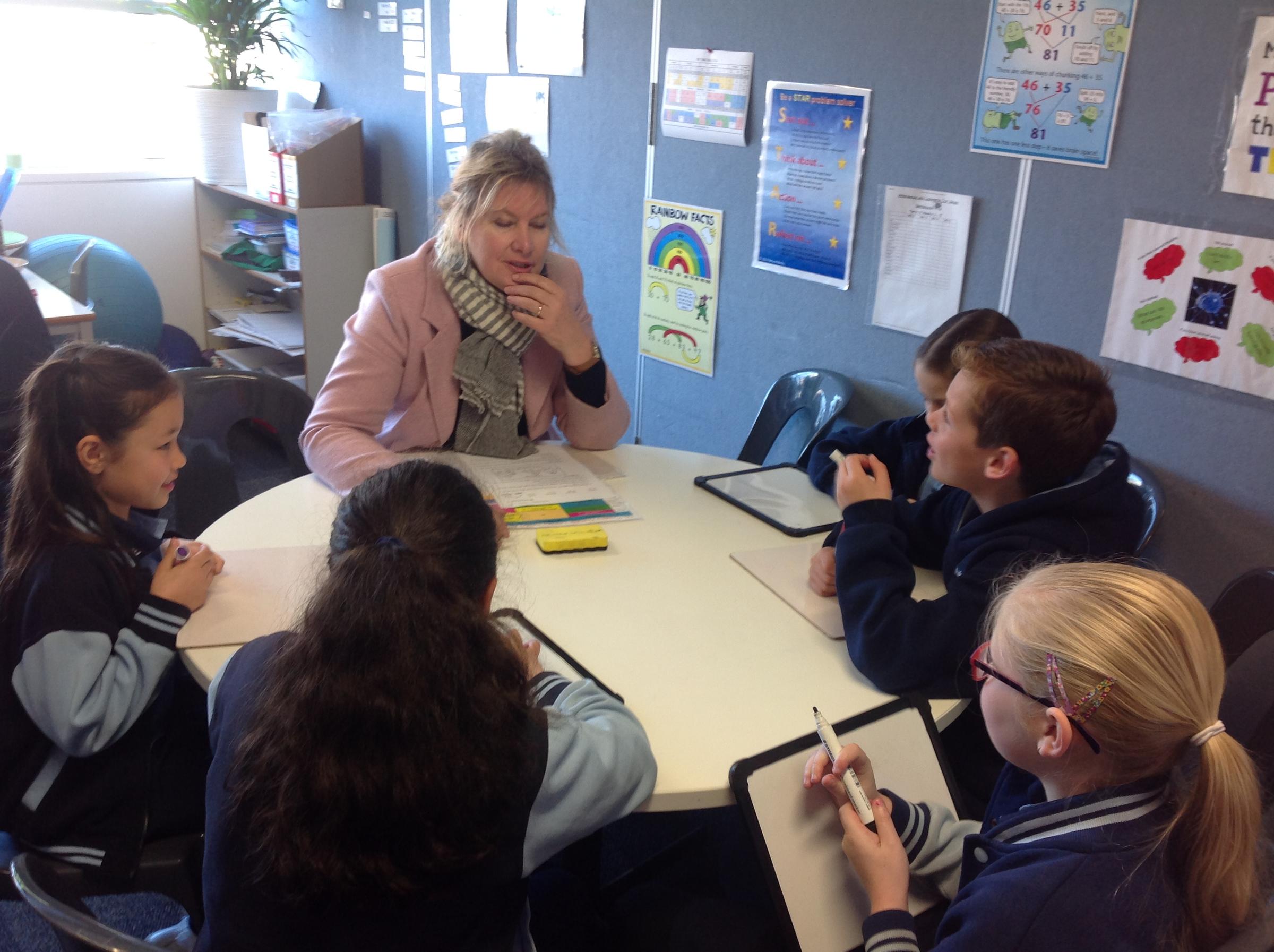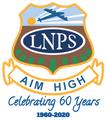Curriculum Matters - English

English in Semester 2
It is important that students understand how different types of text vary in use of language choices, depending on their purpose and context (for example, tense and types of sentences). This term, teachers will explicitly teach narrative texts. Students will inquire into: What is a narrative? What is the structure of a narrative and how can I use it to make my own story? How do characters in narrative complement each other?How can I use speech in my story effectively? and how can I use adjectives and adverbs in my story effectively?
In term 4, students will learn to compose an observational recount text to recount a practical science experiment.
SMART GROUPS
Students will continue working within their SMART (small, measurable, achievable, responsive and timely) groups around literacy. Students are grouped according to their reading and comprehension skills. These skills include: finding the main idea, recalling facts and details, understanding sequence, recognising cause and effect, comparing and contrasting, making predictions, word meaning in context, conclusions and inferences, facts and opinions, author's purpose, figurative language and real and make believe.
Here, Hidden and Head:
Teaching children how to comprehend written information is one of the most crucial aspects of teaching. However, what does it mean to comprehend? Students are taught that comprehension questions often fall within three broad categories: here, hidden and head.
Here: (the answer is right there) refers to questions that are easy to pin point and can be found in one sentence.
Hidden: (think and understand what authors mean when they use particular words) are answered by joining together information from a text.
Head: (world in your head) the child's opinion or information that is not contained in the text (What do you think or feel about that?)
Expanding Vocabulary:
As children reach the higher levels within our reading books, it becomes essential that they read a greater amount of non-fiction texts to expand their vocabulary.
Without prior knowledge of what technical words mean, it is very difficult to understand the text and difficult to respond to questions to demonstrate their understanding.
Sometimes, these technical words are in the glossary to support understanding. Children are encouraged to make a list of unfamiliar/technical words during reading so that they can research word meanings (dictionaries/Google or questioning adults) after reading before returning to the text for a second read.
Oral Language
There is a strong relationship between understanding oral language, word knowledge and reading comprehension. The students' level of skill in producing oral language is likely to be reflected, in time, in the written work they are able to produce. Students will be given further opportunities to develop their oral language skills through various activities, such as barrier games, riddles and planning and presenting short presentations.
